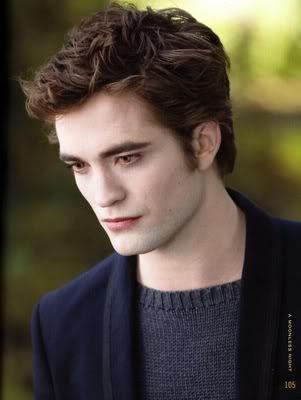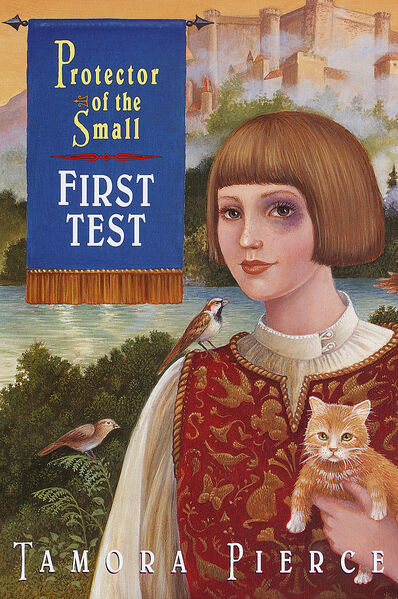- Twilight
- Justin Bieber
- One Direction
- Girly magazines
- Fashion
- Malls
- Predictable romantic comedies
- Taylor Swift
- Cheesy novels and television shows about rich kids
They're all associated with teenage girls.
I don't think that's a coincidence.
"But Breanna, a lot of those things are problematic and deserve criticism."
It's true that everything on that list has problematic and should be looked at with a critical eye, but do you know what else is problematic? EVERYTHING YOU LOVE.
EVERYTHING.
ALL OF IT.
OWN UP TO IT AND MOVE ON.
But I have not seen anywhere near as much criticism of, say, BBC's Sherlock as I have anything associated with teenage girls. Why is that?
Well, I have a theory.
Did you know that teenage girls are actually really powerful both socially and economically?
Go back to that list I wrote. I bet you're familiar with most, if not all, of the items listed there. I'm sure you can name most of the characters in the Twilight series, list a few songs by Justin Bieber and One Direction, recognize which magazines in the checkout aisle are popular with teen girls, describe a recent fashion trend, name a popular teen store at the mall, describe the plot to several romantic comedies, and identify at least one of Taylor Swift's ex-boyfriends. Why? I have no idea. Somehow teenage girls gained control over what we think is important enough to pay attention to. I think that's amazing. I think the only other group with that much control over what we talk about is politicians, and I'm not even sure about that.
You know exactly who this is because teenage girls are more influential than you.
(Image: twilightsaga.wikia.com)
Teenage girls then spend a lot of money on the things they like. In 2012, teenagers (boys and girls combined) spent $208.7 billion. And lest you think that number is divided equally, the UK's Office for National Statistics show that teenage girls have a huge influence over what their family spends it's money on from food to recreational activities and clothes. Meanwhile, teenage boys showed no influence over how their family spends it's money. (I know it's a different country, but I couldn't find a similar study for the U.S. I did, however, find some articles that hinted at a similar dynamic in American families.) Studies on Americans' spending show that more than any other demographic, teenage girls dedicate the most time to shopping for bargains and strategic networking. When one girl finds something she likes, the knowledge quickly spreads around the country through social media networks. Advertisers are starting to find out that traditional advertising methods are not as effective on teenage girls. Despite the stereotypical idea of a teenage girl pouring over fashion magazines to figure out what's trendy, the vast majority (nearly 80% according to one study) have their purchases primarily influenced by their friends.
"No, mom. I'm not 'wasting time' on Facebook. I'm helping form an online network that is probably going to force the advertising industry to completely rethink how it sells us things."
(image: Getty images)
Teenage girls are defining our culture and redefining how we make our purchases, and I think that scares people. In order for the patriarchy to remain unchallenged, women, especially young women, cannot be in control of so much power. So instead of encouraging young women to embrace this power and use it to make the world a better place, society encourages us to attack the source of their power--the things they like. We tell girls that the things they enjoy are stupid and worthless. And, of course, the reason teenage girls like these stupid and worthless things is because teenage girls themselves are stupid and worthless.
The girls who like teenage girl things learn to hate themselves, and the girls who don't learn to hate their peers.
But go ahead. Keep mocking fashion and hating on Justin Bieber. It's not like it matters or anything, right?
As for me, I will defend even the Twilight series with my dying breath because it does matter to me.
If you're really interested in helping teenage girls, spend less time tearing them down and more time introducing them to other, maybe less problematic, things they might enjoy as well as more time teaching them how to critically analyze the media they enjoy.



